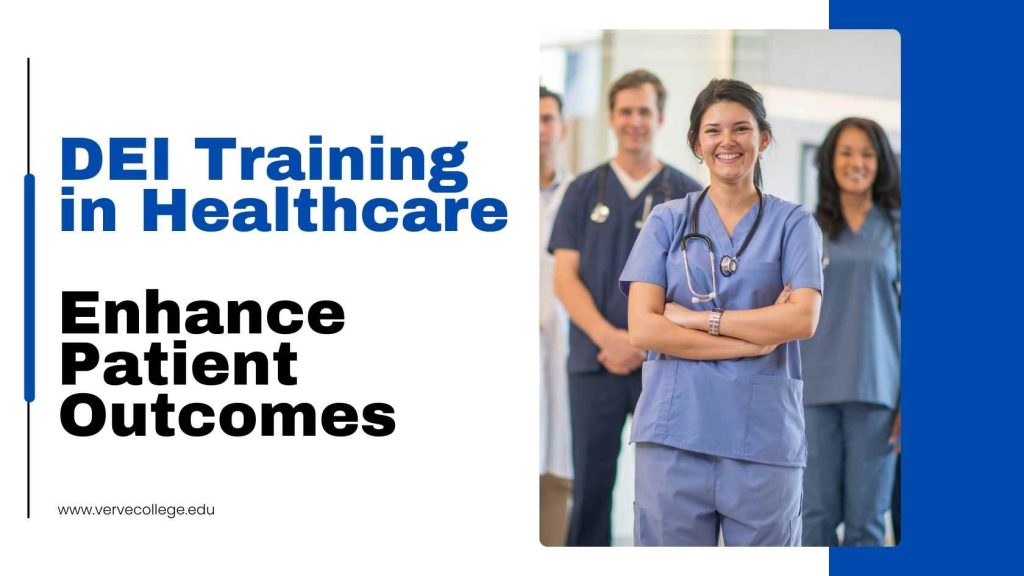- Oak Brook:(630) 705-9999
- Chicago:(312) 920-8822
- Email:inquiry@vervecollege.edu
- Make a Payment
- Home
- Programs
- Admission
- Resources
- ATI Entrance Exam Resources
- New E-Digital Library
- Refer a Friend
- School Newsletter
- Events
- Employers
- Job-Network
- Alpha Beta Kappa Candidates
- Verve College Library
- Graduation and Pinning Ceremony Photo Galleries
- Textbook Information
- Career Services
- Tutoring
- School Catalog
- FAQ
- Constitution Day Program
- Alumni
- Verve College Plans
- Financial Aid
- HEERF Reporting
- Satisfactory Academic Progress
- Apply For Financial Aid
- Net Price Calculator
- Return of Title IV Funds (R2T4)
- Financial Aid Office Code of Conduct
- Contact
- FAQs
- Verification Policy
- Vaccination Policy
- Student Right-to-Know Act
- Misrepresentation
- Information Security Program
- Academic Award Year
- Availability of Employee
- Cost of Attendance
- Health & Safety Exemption Requirement
- Students Rights and Responsibilities
- Leave of Absence
- Pell Formula
- Military Students
- Grants/ Scholarship Policy
- Contact Us
- Testimonials
- Blog
Is a Nursing Career Right For You?
Take The Free Quiz
DEI Training in Healthcare: Enhance Patient Outcomes
DEI Training in Healthcare: Enhance Patient Outcomes
As patient populations become more diverse and health disparities persist between multiple teams, healthcare professionals are becoming increasingly aware of their need to improve their cultural competency through diversity, equity, and inclusion training.
It’s so simple to understand what is DEI training definition. According to research, DEI has a positive impact on patient outcomes. This includes improving compliance with therapy and patient engagement. It can also reduce healthcare costs.
Recruiting students from less prevalent backgrounds is important to broaden nursing’s diversity. Targeted outreach practical nursing programs provide information on practical nursing careers to diverse students. Licensed practical nurse programs and scholarships can also make nursing education more affordable for individuals from underrepresented backgrounds.
Deliver assistance and resources, and mentoring for nurses of different upbringings. This will improve retention rates, as well as create a good career in nursing. Professional nurse organizations can provide networking opportunities, awareness training courses in leadership, and mentorship to underrepresented nurses.
DEI in Nursing Resources
Professional nurse organizations such as the American Nurses Association and the National Black Nurses Association are taking steps to increase diversity within the nursing profession. These organizations aims to provide opportunities for people from diverse backgrounds who want to enter and progress in the nursing field. They encourage the hiring and promotion of nursing professionals with diverse backgrounds.
Related:- Acute Pain Nursing Care Plan: Causes, Sign & Symptoms
Diversity in Healthcare
Diversity relates to various backgrounds, races, and genders in health care settings. It also includes age, ability, and veteran status. Considering nursing schools for LPN weekend classes at Verve College in Illinois gives you the option for learning about the culture of diversity in health care & long-term care facility. DEI training has been shown to raise the quality of service, productivity, and patient outcomes. For example, a National Medical Association meta-analysis on DEI activities in health care found that the quality of patient care and adaptability of organizations to change improved their interpersonal skills when diversity and DEI were more frequent and viewed as valuable.
Equity in Healthcare
Equity refers to fair and equal opportunities for all people to receive work in the healthcare industry, irrespective of age, abilities, race, gender, or other factors. To achieve equity in health care, it is necessary to address systemic barriers to accessing wellness and disparities in health outcomes between different age groups. LPN programs near me at community colleges offer the best nursing curriculum to explore DEI training.
What is DEI training?
DEI training is any organized effort that promotes diversity, equity, and inclusion at work. The training can be in many different forms. What is DEI training in health care? DEI can be used to address issues such as inadvertent bias, cultural competency, disability awareness, and LGBTQ+ health.
Of those organizations, only 40% required managers to attend skills-based training.
Want to Make a Career in Nursing? Get More Information About Our Courses!
DEI Training Subjects
DEI in health care training covers a wide range of topics.
- Social Determinants of Health (SDOH): Factors such as social, political, economic, and environmental factors can influence the health of individuals and communities.
- Health disparities – Differences in access to health care, quality, and outcomes due to factors like race, ethnicity, and gender, as well as socioeconomic status and geography.
- Intersectionality – How different aspects of an individual’s identity, such as race, class, and gender, interact and affect the variety of healthcare settings.
- Implicit bias: Unconscious attitudes or beliefs held in a wide variety of settings towards certain groups that can negatively affect their interactions with patients.
- Racial equity: Equal opportunity to all people, regardless of race to receive work in the healthcare field.
- Disability inclusion: Provide people with disabilities the care, accommodations, and evidence-based practice that addresses their needs and challenges.
- LGBTQ+ affirming care: Culturally-competent care for members in the LGBTQ+ community. This is especially important for vulnerable groups, such as transgender people, based on health barriers and their specific health needs.
 Sign up
Sign up Login
Login




